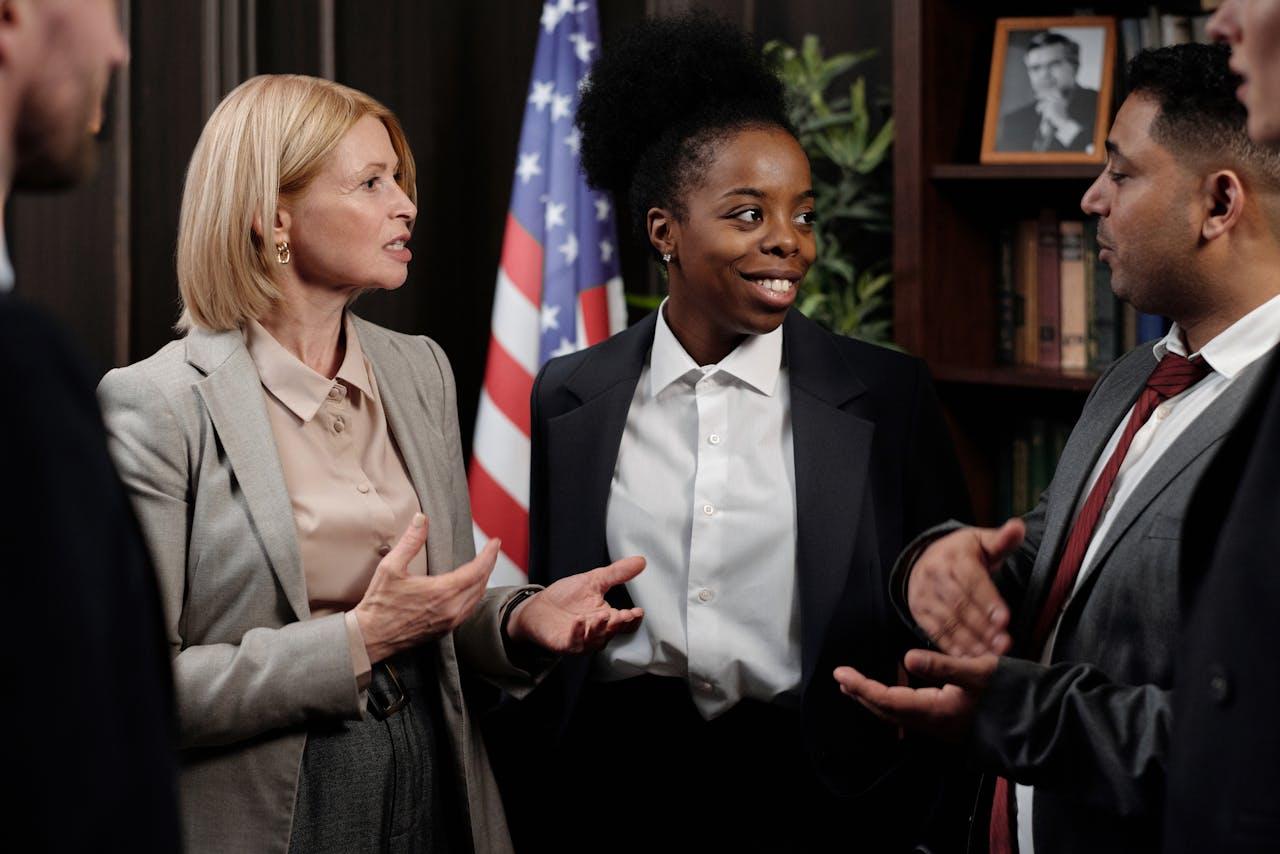In his first Law Day address, New York’s Chief Judge complained of the steady erosion of civics knowledge, and the resultant decline in civility, warning that, “The Framers knew that the consequence of constitutional ignorance, and being guided by passion rather than reason, was armed mobs.”
I so wish I could say that Chief Judge Rowan Wilson was exaggerating, that his concerns were overstated, but alas I cannot. Studies indicate that well over half of Americans could not pass the U.S. citizenship test or identify the three branches of government; recent comments by some elected officials and candidates make me question whether they could pass the test immigrants must pass to become citizens of the United States. How did we stray so far down the road to “constitutional ignorance?”
I suppose some of it stems from the era of soundbite politics where, seemingly, the goal is not to persuasively make a case with logic and reason, but to get off a really good zinger that gets hits and shares on social media. But I think a lot of it suggests a lack of leadership by those who seek to lead, and that includes the select group of people who are privileged to practice law: lawyers. Attorneys and judges have an obligation to reflect the best of democracy: reasoned debate rather than churlish name-calling. It pains me to see attorneys standing in front of a microphone engaging in ad hominin attacks on their rivals and making assertions that they know would never fly in the courtroom. And sometimes they even engage in such tactics in court. Although it’s only a tiny minority of lawyers who comport themselves in that manner, it reflects poorly on the profession as a whole.
Incivility is certainly not new in American political discourse. In the same speech in which he bemoaned “constitutional ignorance,” Chief Judge Wilson noted that George Washington was called “the patron of fraud” (by Thomas Payne, no less), that Thomas Jefferson called John Adams a “blind, bald, crippled, toothless man,” and Adams predicted that if Jefferson were elected, we’d become a nation where “murder, robbery, rape, adultery, and incest will be openly taught and practiced.” More recently, President Obama was called a traitor, Presidents Bush and Trump were called Nazis, President Clinton was demeaned as an enemy of the American people, and President Biden was called senile. In the current election cycle, we’ve heard candidates demean their opponents as “bird brained,” “mealy mouthed,” and “deranged.” Yawn. It’s what we more or less expect of politicians, unfortunately.
But when lawyers conduct themselves in a disrespectful and contumacious manner, when soundbites supplant substance both inside and outside the courtroom, when theatrics and shouting replace calm, rational discourse, it damages our justice system. The public’s perception of our legal system – and our democracy itself — is shaped not only by the decisions issued by our courts, but by the behavior of attorneys.
Decades ago, Chief Justice Warren Burger observed that civility is “the very glue that keeps an organized society from flying into pieces” and cautioned that civility is necessary “if we are to keep the jungle from closing in on us” and overtaking all that has been achieved since prehistoric times “by way of rational discourse and deliberative processes including the trial of cases in the courts [emphasis added].” Lawyers, like it or not, are examples and role models of civics in action, and that begins with civility.
Certainly, schools have an obligation to teach civics, and the New York State Unified Court System seems to be doing its part; I noticed that the court system created a new civic engagement coordinator position in its communications department to enhance “public understanding of the roles and operations of the courts.” Smart. But the legal profession, and the law schools, also have a role here.
In legal academia, we often spoke of the need to yield law school graduates who are “practice ready” — not just smart enough and educated enough to pass the bar exam, but competent to hang a shingle and actually represent clients in a court of law. Perhaps all law school students should also come out “democracy ready” and be cognizant of their unique ability and responsibility to shape civic culture.





